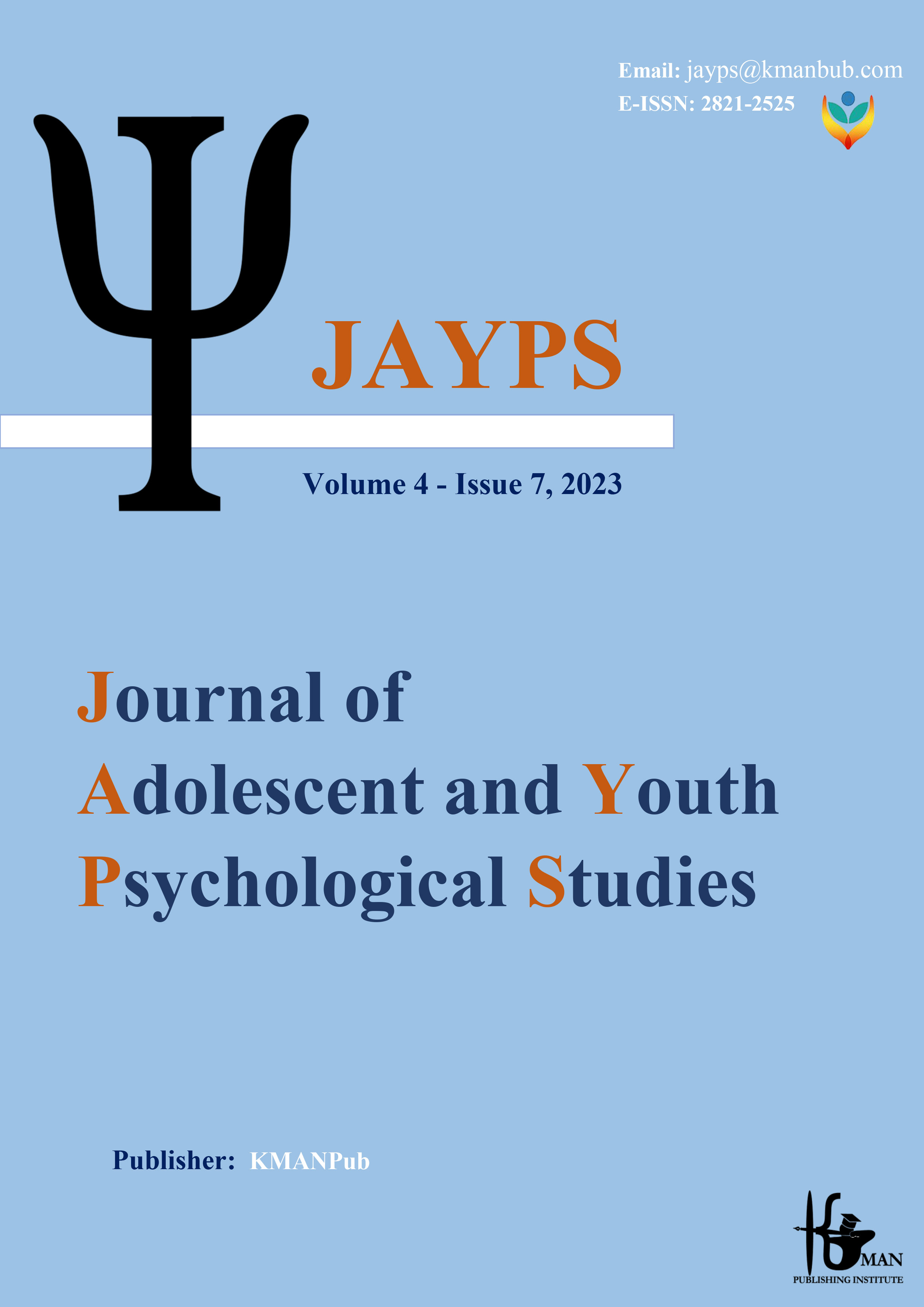The effectiveness of positive treatment on distress tolerance and rumination in patients with chronic hypertension
Keywords:
Positive therapy, distress tolerance, rumination, chronic hypertension.Abstract
Background and Aim: It is necessary to identify psychological treatments effective in improving the mental health of patients with chronic blood pressure, so the aim of this study was to determine the effectiveness of positive therapy on the tolerance of distress and rumination in patients with chronic blood pressure Methods: The present research was a quasi-experimental type of pre-test-post-test with a control group. The statistical population of the present study was all patients with high blood pressure who referred to the specialized and super-specialized center of Imam Khomeini Hospital in 2021. Among the qualified people who volunteered to participate in the research, 30 people were selected by available sampling method and randomly placed in two experimental and control groups (15 people in each group). The experimental group participated in nine 90-minute sessions of positive therapy training based on Marrero et al.'s (2016) therapy package, but the control group did not receive therapy. Data collection tools included Simons and Gaher (2005) distress tolerance scale and Nolen Hoeksema and Morrow (1991) rumination scale. Data were analyzed using SPSS version 24 software and multivariate analysis of covariance at a significance level of α=0.05. Results: The results showed that positive treatment significantly increased distress tolerance (F=75.29, P<0.001) and decreased rumination (F=24.73, P<0.001) in patients with chronic hypertension. Conclusion: The results emphasize the importance of positive therapy in patients with chronic hypertension and providing new horizons in clinical interventions. Therefore, positive therapy can be used as a complementary treatment to create a positive and appropriate change in patients with chronic hypertension.
Downloads
Downloads
Published
Issue
Section
License

This work is licensed under a Creative Commons Attribution-NonCommercial 4.0 International License.




























